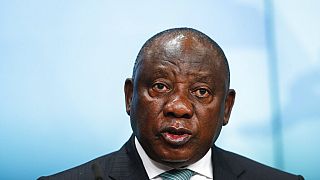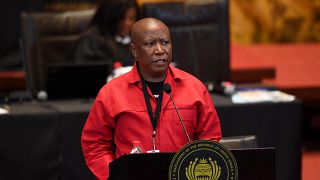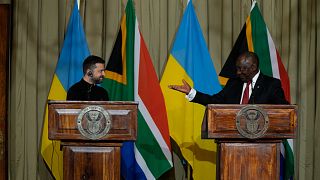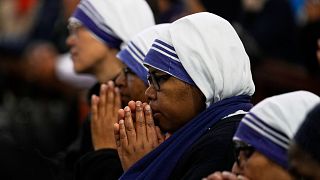South Africa
South Africa’s President Cyril Ramaphosa on Wednesday signed a controversial National Health Insurance bill into law, just two weeks ahead of a highly-contested general election.
His ruling African National Congress is widely expected to lose its majority in parliament in the vote, for the first time since the end of apartheid.
The new law aims to provide quality universal health coverage to all South Africans, but its implementation has been met with opposition and scepticism.
Among the concerns are that its execution will be undermined by widespread corruption and budget restraints, which see the country struggling to fund basic services.
Currently, 80 per cent of South Africans rely on strained state-run public health services while about 16 per cent has access to private healthcare through medical aid plans.
Public health facilities often have long lines and medicine shortages, and there are concerns about the affordability of the law and possible tax increases to fund it.
Opposition parties have accused Ramaphosa of signing the bill into law as a ploy to garner much-needed support for his party.
And a raft of political parties, medical organisations, and other stakeholders are threatening legal challenges to it.
The official opposition Democratic Alliance said Wednesday announced it would legally challenge the new law.











00:54
Zelenskyy Cuts South Africa Visit Short After Deadly Strikes on Kyiv
00:47
Ghana: President Mahama suspends Chief Justice Gertrude Torkornoo
Go to video
Police rescue 33 West Africans from a human trafficking scam in Ivory Coast
Go to video
Pope Francis' funeral scheduled Saturday April 26
Go to video
Nigeria's market doctors bring healthcare directly to traders
Go to video
Al-Qaida-linked militants attack a strategic town in Somalia